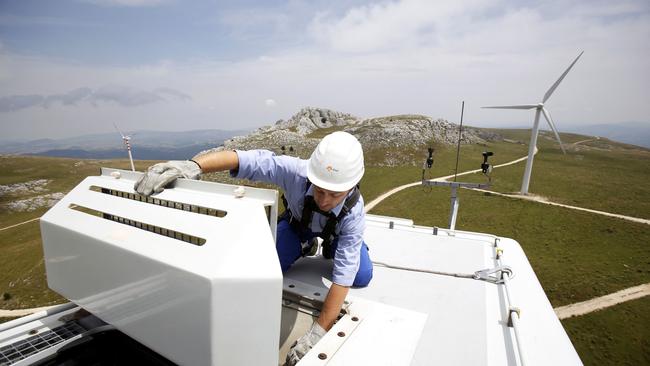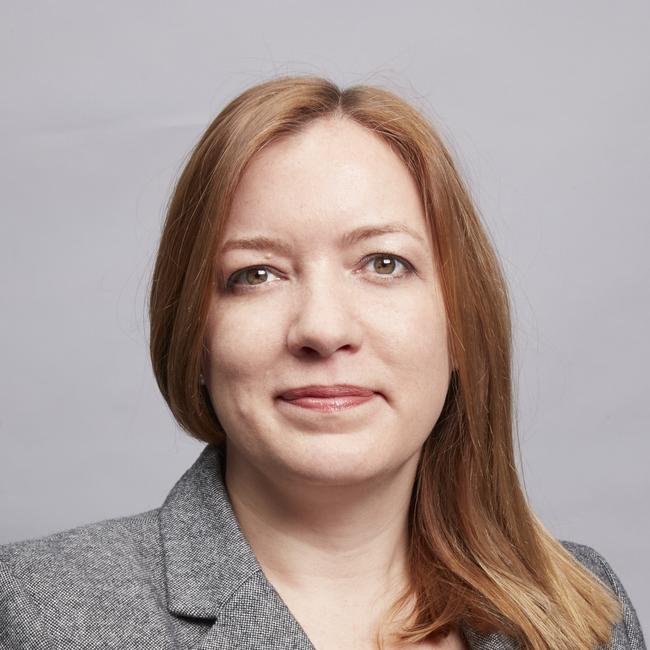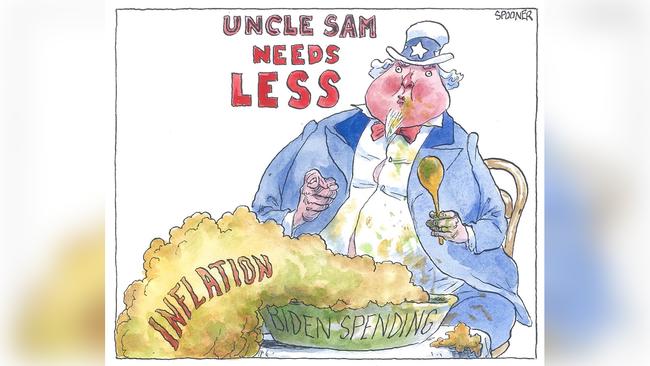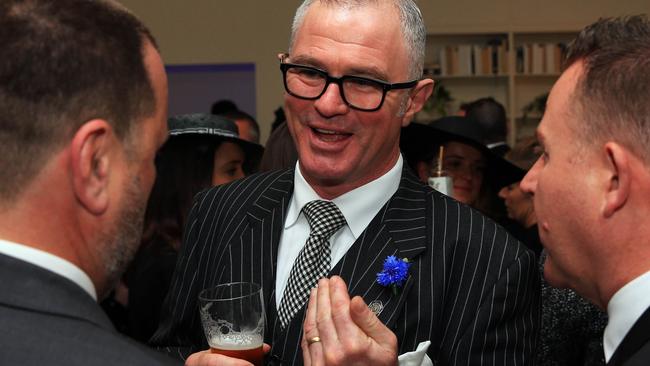
The outgoing head of the Investor Group on Climate Change (IGCC) credits COVID as the key reason for the high profile given to ESG issues.
“COVID was a major market disruption during which those companies with high ESG credentials outperformed,” she says.
“The Australian corporate sector has got the message on climate change from its peers, bankers and investors but that is not always the same as doing it.”
A 20-year veteran in the game, Herd is critical of the lack of leadership at the federal level, saying “it was a handbrake on change”.
“There is a perception that Australia is behind the game, when the performance is more mixed and corporate Australia has done well without an enabling or supportive regulatory environment,” Herd told The Weekend Australian.
“There is a disconnect between what is happening in the market and the political community,” she adds.

While some argue that because some state governments have led the way it minimises the negatives from inaction in Canberra, Herd disagrees, saying “the federal government is incredibly important and the uncertainty leaves a gap for investors and business”.
Herd leaves the IGCC at the end of the month to take on a new role heading the climate change practice at EY.
“The IGCC job is very intense and I think all organisations need fresh blood every now and then,” she says of her move.
EY also offers the chance to work right across the economy, from investors to corporates to government, while the focus at IGCC for the past five years has been investors.
IGCC has around 75 members, including all the big fund managers, and speaks for investments worth some $2 trillion in the Australian market.
Its job is to raise awareness of the impact of climate change, both positive and negative, provide information to help the investment community understand the issues and “encourage best practice approaches to facilitate the inclusion of the impacts of climate change in investment analysis by the investment industry”.
Some members of the group, such as Unisuper, AMP, Cbus, HESTA and Australian Super, are also members of the Climate Action 100+ which monitors progress in 160 of the world’s biggest emitters, including 15 Australian companies, including Rio Tinto, BHP, Origin and AGL.
This group, which includes the big passive funds like Blackrock and Vanguard, speaks for $70 trillion in assets.
The increased focus from shareholders has in turn increased awareness among Australian companies and chief executives report that ESG concerns now head the list of questions at post-results briefings.
Herd travelled the world as a child with her father Warwick, a diplomat who was posted to different countries.

Born in Germany, she travelled from Sri Lanka to Venezuela, but after her secondary schooling in Canberra she did a degree in Asian studies at ANU while also learning Thai and went on to Thammasat University in Bangkok to study politics.
She had taken the rational but sadly minority view in Australia that “if we live in Australia we must be interested in Asia” and learned to speak an Asian language.
Her first job was in Parliament House where her mother Brenda was something of a pioneer, being a 20-year veteran in the house.
Herd worked in the reference committees, a job she was passionate about, as she is a big believer in the committee process.
In 2001 she went to Westpac, then chaired by Leon Davis with David Morgan as chief executive, both with a big focus on sustainability.
Herd worked with the then sustainability chief Linda Funell-Milner and government affairs leader David Gazard and their immediate boss Noel Purcell, who was a renowned leader in sustainability.
“There was a staff attraction to sustainability issues but the fundamental challenge was, as a retail bank, Westpac was looking for programs that built trust with customers and this was it,’’ she says.
At the time, there was an explosion of interest in the field, with letters on climate change increasing from 10 to 15 a year to 40,000.
In 2007, she moved to the bank’s institutional division under now CBA director Rob Whitfield and the focus was on risk strategy.
When Kevin Rudd was elected in Canberra, climate change became a focus nationally.
Herd joined the carbon and energy team at Westpac that ran a commercial strategy which included carbon pricing in risk management.
“Carbon pricing became entrenched at a corporate level but politically Rudd’s carbon promises dwindled when it came to action,” she says.
Herd says the disconnect in Canberra “is not so surprising given Australia is a carbon-intensive trade-exposed country, so it’s easy to play hardball politically,” she says.
“The most impacted marginal seats are exposed, which means carbon issues face inevitable defeat,” she adds.
“A lot of companies also did not cover themselves with glory in the mid 2000s,” she notes, referring to the huge backlash against plans to impose carbon pricing.
“Business has more or less accepted the climate issue now.
“Technology has also shifted,” Herd says.
That said, “companies are making commitments (to net zero) but are not always as good in putting the commitments into action”.
“When you look at capex and investment plans they are not always aligned with the carbon commitments,” she says.
This point was underlined in a recent report by Climate 100.
“The results were a mixed bag, with not enough firms putting in place measures such as linking executive pay to climate goals,” she says.
“What we’re not seeing enough of is the detailed plans and the capital allocation.”
Herd says the issue was a “systemic risk for the entire economy”.
Investor pressure, Herd says, meant “no company can say it is unaware of the issues or has no interest”.
“The realty for investors is climate is about value and about risk,” she adds.
“What has happened is, with the inclusion of the big passive funds like BlackRock and Vanguard, the issue has gone mainstream, we have gone from green finance to the greening of the whole financial community.
“When shareholders talk to companies they want to assess risk so they want to know from a company what its plan is, how will it decarbonise and how will it survive,” Herd says.
The battle now is to put the words into action that would be helped by support from Canberra.
Leaving Lion
The rule of thumb says leave while they are still applauding and that is exactly what Stuart Irvine has done after eight years at Lion.

Recruited from Pepsi, he has done many of the things others just talk about doing — like closing the gender pay gap in 2016, becoming carbon-neutral in 2021 and redirecting the Kirin subsidiary to what is called a single-focused “adult beverages company”.
The producer of Furphy, Australia’s best beer, Irvine runs a $2.4bn-a-year business employing 4000 people, which has expanded into the US through Lion Little World Beverages.
Ironically, two predecessors, Rob Murray (Metcash) and Gordon Cairns (Woolworths) are his biggest customers.
Irvine, a Scot who has taken local citizenship, is keeping his options open on his next job while the company considers his replacement from a field of two insiders and outsiders.




The importance given to environmental, social and governance issues is, in the words of Emma Herd, one of those overnight sensations that has taken decades to hit the spotlight.